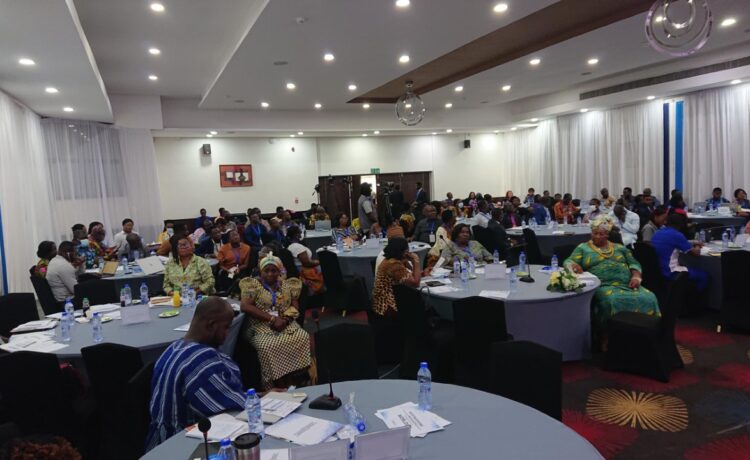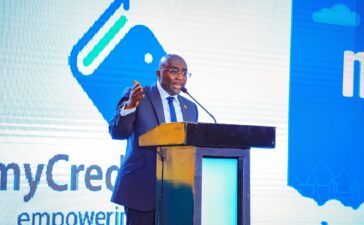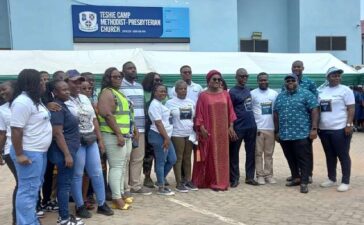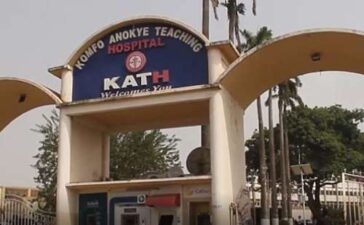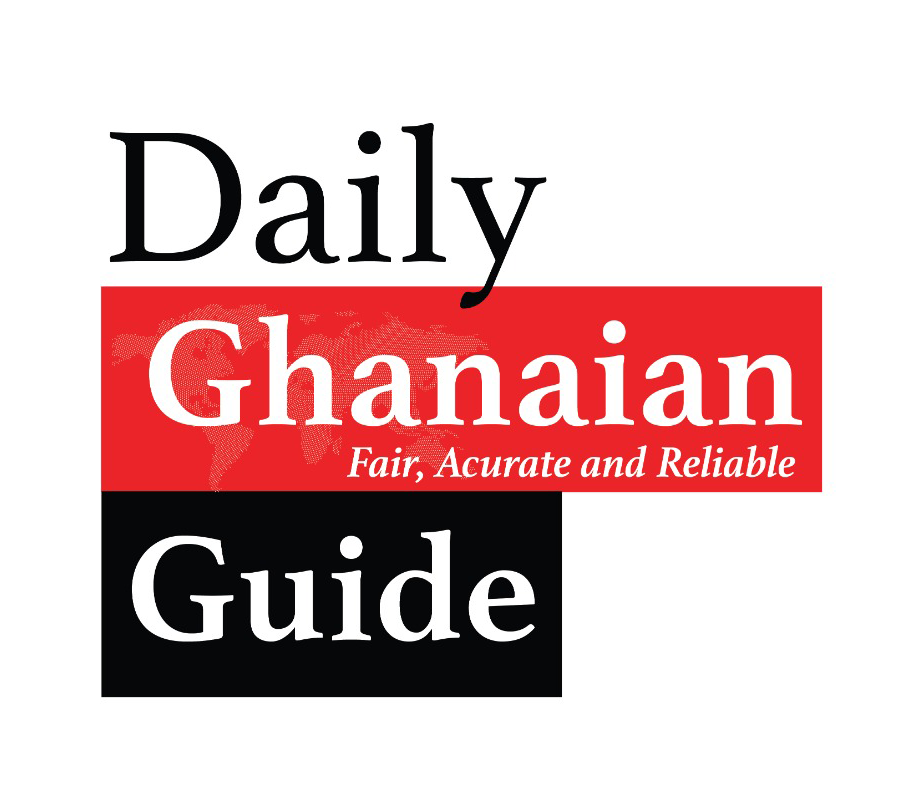Government in partnership with the World Bank and UNICEF, Friday, organised a Stakeholders’ Consultation Workshop in Accra towards the development of a National Social Protection Shock Response Strategy.
The Strategy, when developed, will enable the country to withstand shocks like earthquake, flood, drought, as well as repetition of already-occurred shocks like COVID-19, tidal waves, Appiatse chemical explosion, Bagre Dam spillage, Weija Dam spillage, galamsey, and intense economic hardship as well as possible spillage of the Akosombo Dam.
This means protection of lives, especially of the most vulnerable like women, children and persons with disability and properties, as well as unceasing of livelihoods like continuous education and working.
Mr Eric Nana Agyemang-Prempeh, Director-General, National Disaster Management Organisation (NaDMO), said although the Act 927 that established NaDMO recognised issues of social protection, the organisation had been extremely engaged in recent years on disasters.
He said the country did not have to rely solely on the Organisation, saying individuals had roles to play to safeguard their lives in case of any eventuality.
“If there’s an earthquake in Ghana, women and children will suffer the most. Earthquake happened in Ghana in 1939 and currently if we should study the geographical location well, the Burma Camp, 37 Military Hospital, Ridge Hospital, all Ministries, NaDMO headquarters, Kotoka International Airport, Police Headquarters, and Fire Service Headquarters are all on the line should an Earthquake occur right now.
“We must all, therefore, be ready because earthquake doesn’t care about food security, one’s political affiliation, religion, ethnicity or financial status,” he said.
Mr Bright Elorm Doviavu, Deputy Director, Sustainable Livelihoods, NaDMO, said unavailability of a legislative instrument to guide the operations of NaDMO and weak information management system in data were some challenges NaDMO was facing in attending to shocks.
Others are lack of a standard operating procedure among sector players for social protection and shock response and limited support from other sources during emergencies.
Hajia Lariba Zuweira Abudu, the Deputy Minister of Gender, Children and Social Protection, in a speech read on her behalf, said social protection had become a proven, effective and reliable tool for addressing poverty and its related vulnerabilities.
In spite of several plans to achieve a National Social Protection Policy, she said many Ghanaians still remained in poverty and stress and that the recent national statistical survey report showed increasing inequality among the populace.
It also showed that six million people lied below the poverty line out of which 73 per cent were dimensionally poor.
Also, children, the report said, were more likely to be poor than adults as an increasing effect of the COVID-19 pandemic and climate change among others.
Hajia Abudu said available report also stated that flooding affected 0.16 per cent of the Ghanaian population and all were due to inadequate robust systems to address such shocks.
Those challenges, she said, could only be addressed by building shock responsive systems and by supporting households hardly hit by the shock.
The Deputy Minister said studies had been conducted and findings were to be reviewed and validated to enable government and stakeholders to assess how effective the proposed solutions would be.
She entreated citizens to reach the Ministry and appropriate offices on toll free numbers – 0800800800 or 0800900900 and on WhatsApp number 0559046709 in cases of disaster for appropriate responses.
Dr Kwadwo Mensah Aborampah, Director-General, National Development Planning Commission, said as COVID-19 and other disasters had revealed how vulnerable the nation was, it was a call on everyone to “sit up” not to be re-overtaken by such shocks in future.
Source:GNA

